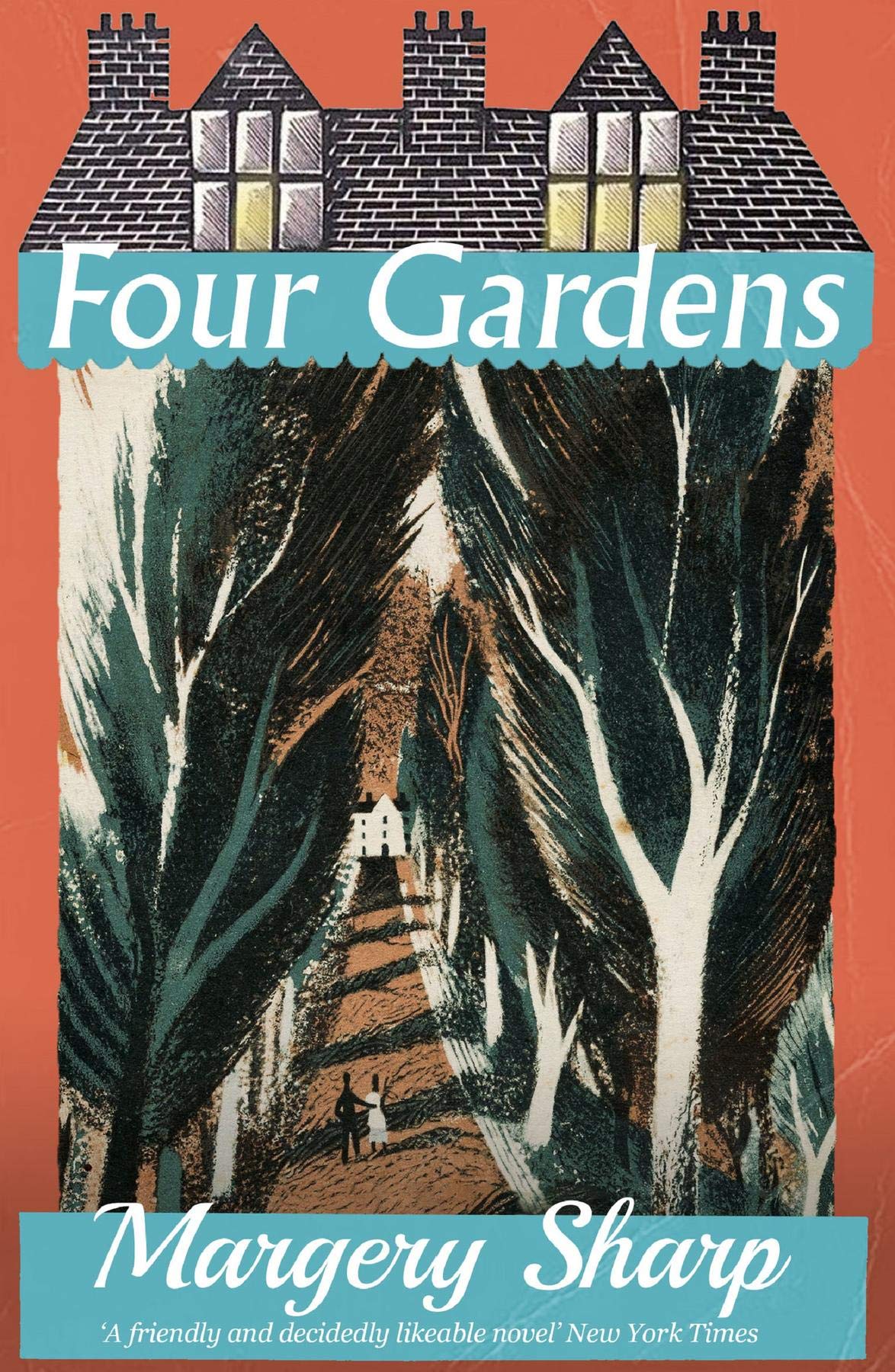What do you think?
Rate this book


241 pages, Kindle Edition
First published January 1, 1935
‘People on the Common ‘inhabited large detached houses, employed whole-time gardeners, and drove carriage and pair. People in the Town lived in streets, rows, and crescents, had the gardener half a day a week, and transported themselves on foot, in ‘buses, and occasionally on bicycles.’
"You shouldn't hate anyone, Carrie."
"Except the wicked," said Caroline promptly.
"But we don't know any wicked, dear," said Mrs. Chase
"I see you've been cleaning silver," said Lady Tregarthan loudly. "If I'd known I'd have come earlier and lent a hand."
"Well!" said Caroline, quite struck. "Do you like it too?"
"Love it," said Lady Tregarthan. "When I was a small child I used to be allowed, as a Saturday treat, to clean the tops of my mother's scent bottle. That is how we were brought up."